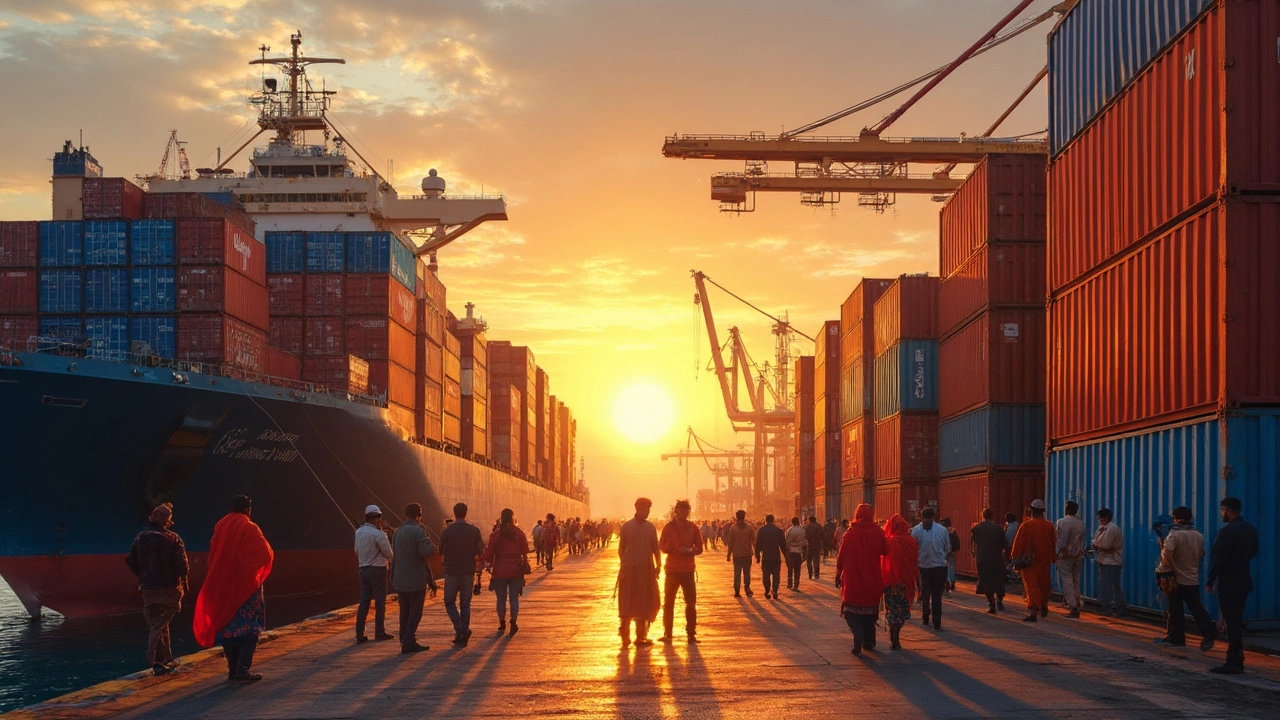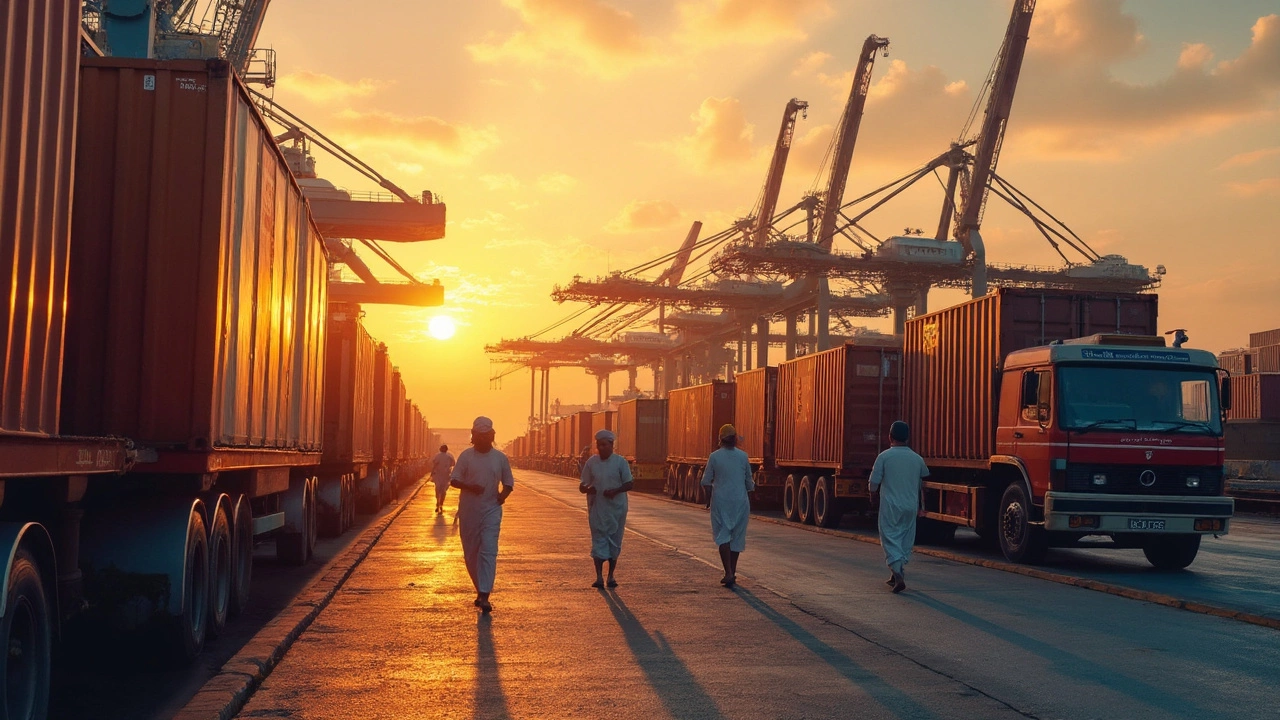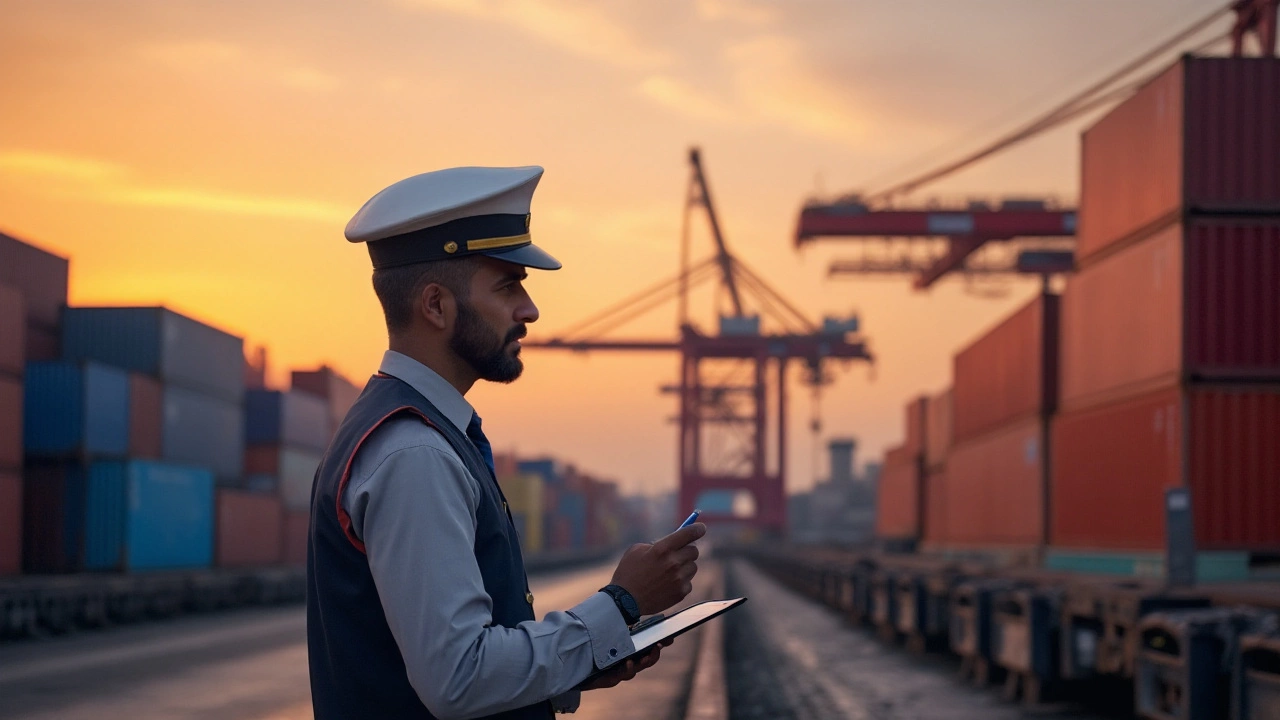Freight Forwarding Explained: What It Is and Why It Matters
Ever wondered who makes your online order travel from a factory overseas to your doorstep? That's the freight forwarder – the behind‑the‑scenes organizer that turns a jumbled mess of paperwork, customs rules, and transport options into a smooth delivery. They don’t own the trucks or ships, but they know which route saves time and money.
Think of a freight forwarder as your personal shipping concierge. You tell them what you need to move, where it’s going, and by when. They then pick the best carrier, handle export paperwork, clear customs, and track the cargo until it arrives. It’s a lot like booking a flight for a package, only the airline is a mix of ships, planes, trains, and trucks.
Key Tasks That Keep Your Cargo Moving
First up is documentation. Every international shipment needs invoices, packing lists, certificates of origin, and more. Missing a single form can delay the whole process, so forwarders double‑check everything before the cargo leaves the warehouse.
Next is route planning. A forwarder compares sea freight, air freight, and land options, weighing cost against speed. For a bike heading from Delhi to Chennai, they might choose a fast rail line; for a bulk order of electronics, a container ship could be cheaper.
Customs clearance is another big piece. Different countries have different duties, taxes, and inspection rules. Forwarders work with customs brokers to make sure tariffs are paid correctly and the cargo isn’t held up at the border.
Who Pays the Forwarder and How Costs Are Calculated
The question of who foots the bill often pops up. Usually, the shipper (the person sending the goods) covers the forwarder’s fees, but sometimes the buyer (the receiver) agrees to pay. The contract terms—Incoterms—spell it out. For example, under CIF (Cost, Insurance, Freight), the seller pays to bring the cargo to the port, while the buyer handles insurance and onward transport.
Fees are usually a mix of a service charge and the actual transport costs. The service charge covers paperwork, coordination, and tracking, while the transport cost reflects what the carrier charges for moving the cargo. Forwarders aim to bundle these into a single invoice so you don’t have to juggle multiple bills.
Understanding these costs helps you avoid surprises. Ask your forwarder for a detailed quote, check what’s included, and compare it with other providers. A transparent fee structure lets you focus on growing your business instead of chasing hidden charges.
Freight forwarding isn’t just for massive companies; even small bike shops in Chennai can benefit. If you need to ship a few motorcycles to a nearby town, a forwarder can arrange a dedicated truck, handle the paperwork, and deliver them door‑to‑door. That way, you skip the hassle of figuring out the best route yourself.
Bottom line: freight forwarding turns a complex web of regulations, carriers, and paperwork into a simple, reliable service. By letting experts handle the logistics, you save time, cut costs, and keep your customers happy. Next time you’re planning a shipment, give a forwarder a call – they’ll take care of the heavy lifting while you focus on what you do best.





